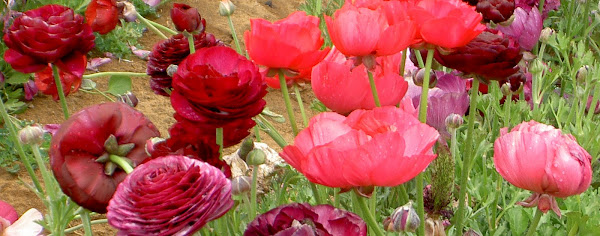The Honey Thief (released in hardcover today by Viking Books) is a collection of stories told to Australian Robert Hillman by Afghani Najaf Mazari. Below is an interview with both the authors.
In “The Behsudi Dowry,” the
character of Hameed is thought to be foolish and absentminded for his love of
books. His parents can see no value in reading fiction. How was reading
literature for pleasure viewed in your household and community growing up?
 Najaf: In
Afghanistan, only a few very educated people read books other than the holy
books. If my brothers or my father or my mother had seen me reading a novel,
they would have thought I was insane and would have called a doctor or a mullah
to fix me.
Najaf: In
Afghanistan, only a few very educated people read books other than the holy
books. If my brothers or my father or my mother had seen me reading a novel,
they would have thought I was insane and would have called a doctor or a mullah
to fix me.
How did you become interested
in the narrative of the refugee?
Robert: At
the time I first met Najaf, the Muslim refugees who were arriving in Australia
on ramshackle boats were being characterised as criminals and terrorists in the
press. This demonisation suited the politics of Australia just after 9/11 (or
“11/9” as it is known here).
It struck me that something vile was happening in
my country—something that I might look back on in years to come and think, “Why
didn’t you say something?”
I wrote Najaf’s story as a way of saying something.
The friendship we formed led to Najaf telling me more and more about the
culture of the Hazara. The stories in The Honey Thief are, in a way, the
backstory of Najaf’s life told in The Rugmaker of Mazar-e-Sharif.
The themes discussed
throughout The Honey Thief—the importance of love, work, hope—are
universal, crossing all kinds of boundaries of culture, faith, geography, and
socioeconomic status. What is your hope for this book? More broadly, what role
do you believe literature can play in uniting people across borders?
Najaf & Robert: Stories
like those in The Honey Thief make a small difference here and there to
the sympathy for people who are struggling through life. Literature cannot
change people’s hearts completely. Just a little. A little is okay.
We must
remember that if stories that honour courage and enjoyment of life could suddenly
change everything, then another book that teaches distrust and hatred might
also change everything back. People don’t read stories like those in The
Honey Thief in order to have their eyes opened. They read them for
enjoyment; for pleasure.
If it happens that some readers feel that they have
gained more than enjoyment, that’s a good thing. We hope that readers will
enjoy this book in the same way that they enjoy fresh food cooked by someone
who loves good food. We hope that people will smile as they finish each story
and say, “Well, that was wonderful!”
***
Thanks to the publisher, I have a copy of The Honey Thief to give away to one lucky reader in the United States. Please comment below (making sure you include a contact email) by midnight on Friday 26 April 2013.

Thanks for the timely chance to win a copy of The Honey Thief. I would like to learn more about Afghani culture and this sounds like just the book for me. Please enter my name in the draw. Thanks. carlscott(at)prodigy(dot)net(dot)mx
ReplyDeleteThis sounds like a wonderful book -- I would love to share this with my sister.
ReplyDeletersgrandinetti@yahoo(DOT)com